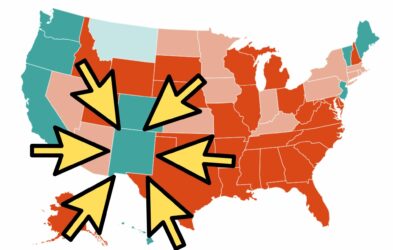Our Executive Director Peg Sandeen has written a reflection on the developments in Hawaii in the Honolulu Civil Beat. Back in March, the Hawaii State Senate overwhelmingly passed an assisted dying bill, only to have a House Committee defer it. The Civil Beat‘s sub-headline summarizes Peg’s op-ed neatly: “The populace supports it. Most legislators support it. But somehow, special interests prevailed again in the Hawaii Legislature.”
The death with dignity movement in Hawaii stands at a crossroads.
After a 22-3 vote in the state Senate, a majority of House members signaling their support, and with the governor’s pledge to sign the bill, an assisted dying law was well on its way to passage.
Modeled on the Oregon Death with Dignity Act, Senate Bill 1129 would have allowed qualified terminally ill residents of Hawaii to obtain medications to end their suffering. Nearly eight in 10 Hawaii residents support this legislation.
Once the bill came up for a hearing in the House Health Committee, however, virulent right-wing opponents launched a full assault on truth and facts with hours of misleading and at times outrageous testimony. Bucking overwhelming public support and the clear majority of legislators, the Catholic Church pulled out all the stops and convinced a few state representatives to bottle up the bill and kill it for this session.

No comments.